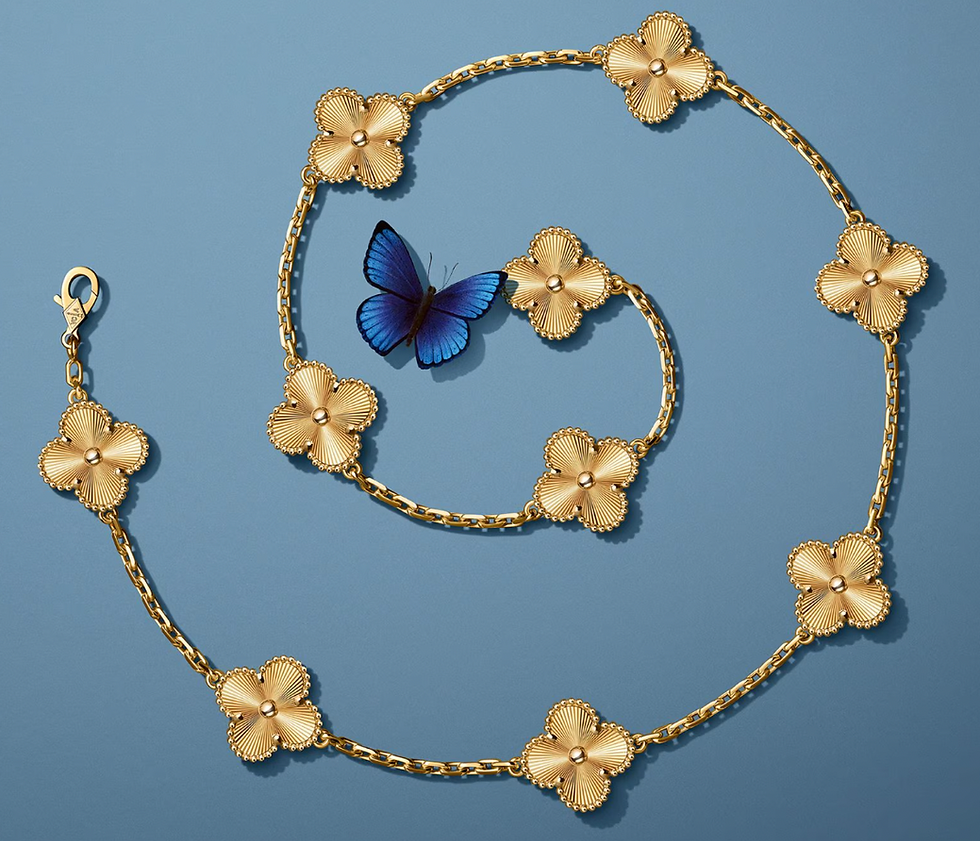Collectible Wines: A Fusion of Cultural Heritage, Investment, and Oenological Passion
- Evaluart

- May 22, 2025
- 3 min read
Wine has held a central place in French culture since antiquity. Once considered a sacred drink of the gods in Greco-Roman times and later a symbol of refinement at the court of Versailles, wine has gradually evolved into a product of prestige and a way of life—but also a collectible asset. Today, certain bottles are sought after not to be drunk, but to be collected, passed down, or sold at astronomical prices. This growing trend reflects a convergence of factors: the rising interest in the French art of living, the development of alternative investments, and the expansion of the luxury economy to include gourmet goods.

A "collectible wine" is a rare, vintage wine kept in optimal storage conditions and generally produced by a prestigious estate. These often include classified grands crus, especially from Bordeaux (Château Margaux, Château Latour, Château Pétrus), Burgundy (Romanée-Conti, La Tâche), and other renowned regions such as the Rhône Valley (Hermitage, Côte-Rôtie), Champagne (Dom Pérignon, Salon), or Tuscany (Sassicaia, Ornellaia). These wines are typically made in limited quantities with rigorous vinification and aging standards.
What distinguishes a collectible wine from a quality aging wine is its rarity, history, legendary label, and the value it can reach on the resale market. For instance, a bottle of Romanée-Conti 1945 sold for over $500,000 at Sotheby’s in 2018—a record-breaking price.

As with works of art, authenticity is crucial when it comes to collectible wines. Factors such as origin, storage conditions, fill level, label state, provenance, and storage history all heavily influence a bottle’s value. Counterfeits exist—and some are incredibly sophisticated, as revealed by the Rudy Kurniawan case in the U.S.
This is why expert intervention is essential. Certified oenologists or specialized institutions must validate rare bottles. Companies like Baghera Wines in Geneva or iDealwine in France offer certified wine auctions, and major auction houses such as Christie’s, Sotheby’s, and Artcurial all have dedicated wine departments.
Fine wine is also considered an alternative tangible asset, comparable to art or precious stones. Over the past two decades, the market for exceptional wines has grown steadily. Indexes such as the Liv-ex Fine Wine 100 in London track the price evolution of top-tier wines.
In addition to their appreciation potential, these wines can offer tax advantages in some countries (e.g., exemption from France’s former wealth tax if considered a consumable, VAT exemptions abroad via bonded warehouses, etc.). As a result, collectible wines attract a diverse clientele: passionate collectors, savvy investors, heritage heirs, and lifestyle enthusiasts.
A collectible wine is fragile. It must be preserved under strict conditions to maintain its value: constant temperature (ideally 12–14°C), controlled humidity (around 70%), total darkness, and no vibrations. For this reason, many collectors choose professional wine cellars or secure warehouses, such as those offered by Cavissima, Le Clos Privé, or Octavian in the UK.
Some services now provide wine insurance and traceability using blockchain technology to prevent forgery and ensure provenance. These practices instill buyer confidence and support a healthy secondary market.
The growing interest in rare wines has fostered a dynamic secondary market, which includes auctions, specialized platforms, private sales, and international trade fairs (like Vinexpo and Wine Paris). Auction houses play a pivotal role by providing visibility, credibility, and access to buyers worldwide.

If you own rare bottles or wish to liquidate a family cellar, Artmediary can assist you with the appraisal, valuation, and sale of your collectible wines. Our expert network includes professional oenologists and market specialists who can help determine the value of your bottles based on vintage, condition, and rarity.
ArtMediary acts as a trusted intermediary, connecting sellers with experienced buyers through private sales or specialized channels. Our international network ensures maximum visibility and secure transactions. Whether you're selling a selection of classified Bordeaux, an iconic Romanée-Conti bottle, or an entire cellar, we offer personalized support from evaluation to final sale.
Collecting fine wine is a way to explore a rich cultural and sensory heritage. It is also an opportunity to invest in a living, tangible asset that gracefully spans decades. Though it requires rigor, expertise, and patience, this pursuit offers immense reward—blending taste, culture, and value. For those ready to embark on this oenological journey—whether to collect, sell, or pass on—Artmediary’s experts are here to guide you every step of the way.



Comments